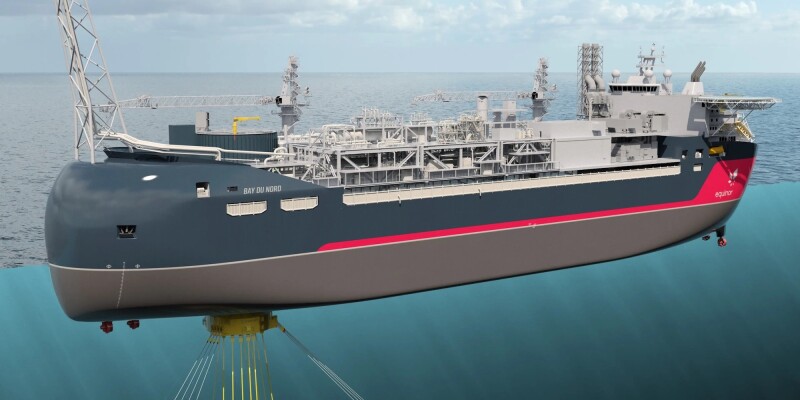BP will sell its 50% nonoperated interest in the Sunrise oil sands project to partner Cenovus Energy for potentially up to $1 billion. Total consideration for the transaction includes $466 million (C$600 million) cash, a contingent payment with a maximum aggregate value of $466 million (C$600 million) expiring after2 years, and Cenovus’s 35% position in the undeveloped Bay du Nord project offshore Newfoundland and Labrador. The deal is expected to close in 2022.
“This is an important step in our plans to create a more focused, resilient, and competitive business in Canada,” said Starlee Sykes, BP senior vice president, Gulf of Mexico and Canada. “Bay du Nord will add sizeable acreage and a discovered resource to our existing portfolio offshore Newfoundland and Labrador. Along with BP’s active Canadian marketing and trading business, this will position BP Canada for strong future growth.”
The sale of its Sunrise interest will leave BP with no holdings in the Canadian oil sands. In 2017, Shell made a similar move by selling off its 60% stake in the Athabasca oil sands to Canadian Natural Resources for $8.5 billion.
At the same time, Marathon sold its Canadian subsidiary to Canadian Natural Resources and Shell for $3 billion. The Marathon unit held a 20% stake in the Athabasca oil sands project. The culmination of the deals left Shell with no in situ and undeveloped oil sands interests in Canada.
BP currently holds an interest in six exploration licenses in the offshore eastern Newfoundland region. The nonoperated stake in the Bay du Nord project will expand bp’s position offshore eastern Canada.
The project comprises several oil discoveries in the Flemish Pass basin, some 500 km northeast of St. John’s in Newfoundland and Labrador. The first discovery was made by Equinor in 2013, followed by additional discoveries in 2015, 2016 and 2020.
Confirmed discoveries in 2020 in adjacent exploration license EL1156 (Cappahayden and Cambriol East), where BP is already a partner, are potential tie-ins in a joint project development. The Bay du Nord discovery is in 1170 m of water. Newer discoveries are in shallower water. Equinor is considering developing the Bay du Nord field using a FPSO, which also is a solution for tieback of adjacent discoveries and other prospects.
According to Equinor, the partners are working toward a final investment decision with first oil expected to be produced in the late 2020s.


